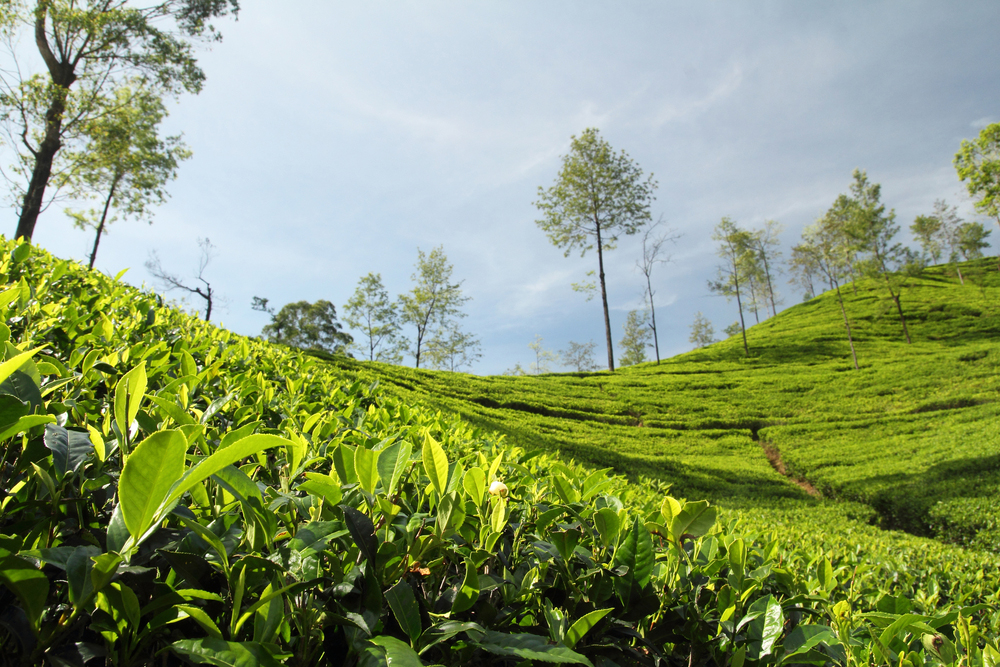The Northeast office of the Tea Board of India has issued showcause notices to 101 tea manufacturing units in Assam who have produced tea in excess of the permitted capacity mentioned/fixed against their registration certificate issued under the Tea (Marketing) Control Order (TMCO).
Out of the 101 units, 56 are bought leaf factories and 45 are estate factories.
“We capture the data of annual production figure from return records and compare it with the permitted capacity,” a source said, adding that these notices were issued in the past month and were still continuing. Return records are information provided by the tea manufacturers to the Tea Board every month in Form E.
“In one case, a unit had produced 50,000kg tea in excess of its permitted capacity. Another had produced 6 lakh kg in excess while yet another produced more than 20 lakh kg excess tea,” the source said.
The issue has become important as huge production leads to imbalance in demand and supply, bringing down the prices. In fact, some teas are selling for as low as Rs 60 in the Guwahati Tea Auction Centre.
Tea production in the country climbed to 1,389.7 million kg in 2019 from 1,338.63 million kg in 2018, with big growers contributing 704.62 million kg and small growers 685.08 million kg. Assam’s tea production in 2019 was 715.79 million kg, an increase of 23.88 million kg compared to 691.91 million kg in 2018. In Bengal, tea production went up by 30.06 million kg in 2019 from 394 million kg in 2018 while in South India it went down by 5.83 million kg in 2019 from a production of 224.87 million kg in 2018, compared to the previous year. Industry officials say demand-supply mismatch is one of the reasons for low realisation of price at farm-gate level and the worry is how to survive with such huge production.
The notice to the units asks them to show cause why action for suspension/registration as provided under the Tea Act 1953 and TMCO 2003 should not be initiated.
The TMCO 2015 says no registered manufacturer shall enhance production capacity of the existing factory without prior intimation and obtaining no-objection certificate from the Board.
“Section 3A of the Act says after obtaining the no-objection certificate from the Board and completion of capacity enhancement of the factory, the registered manufacturer shall apply to the registering authority in Form “A” for changing the registration of the extended factory.
The Act says the registering authority may, for reasons to be recorded in writing, refuse to grant enhancement of the existing capacity to an applicant and shall furnish him with a copy of the order so passed, provided that before passing an order of refusal, an opportunity of being heard shall also be granted to the applicant.
A senior official of the Tea Board told The Telegraph, “The Tea Board has taken various initiatives to ensure quality tea production by tea manufacturing units of the Northeast, including monitoring whether the tea manufacturing units are complying with its orders. As a follow up, we have asked various factories to explain the reason for manufacturing more tea than permitted by the Tea Board.”











